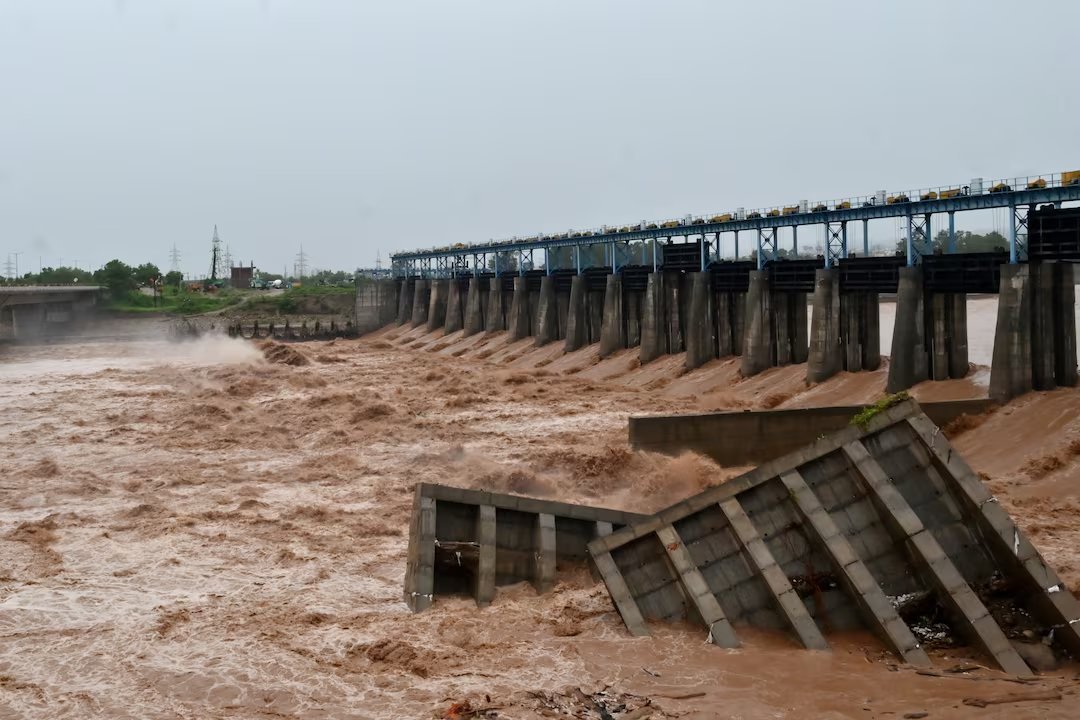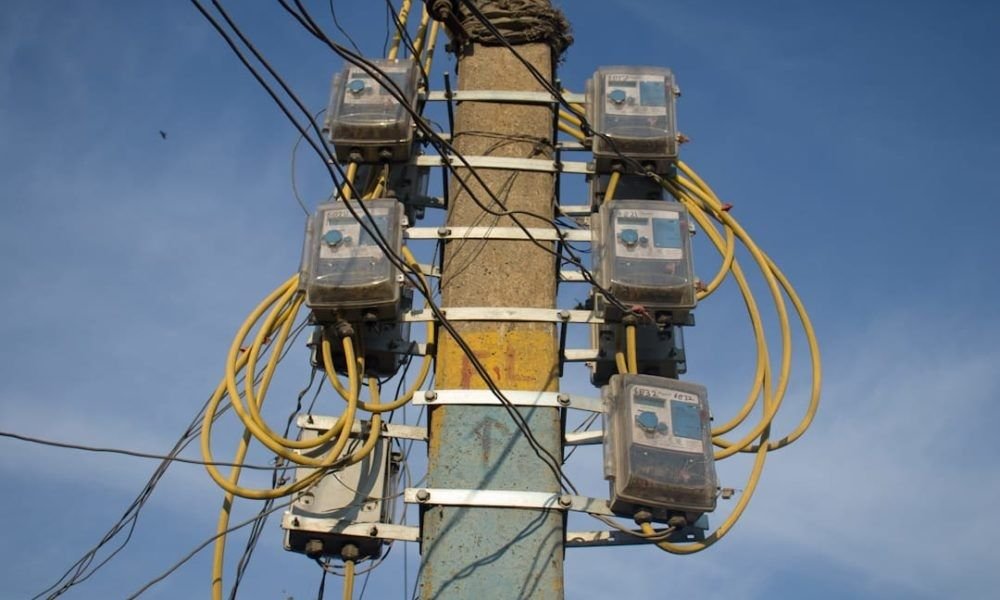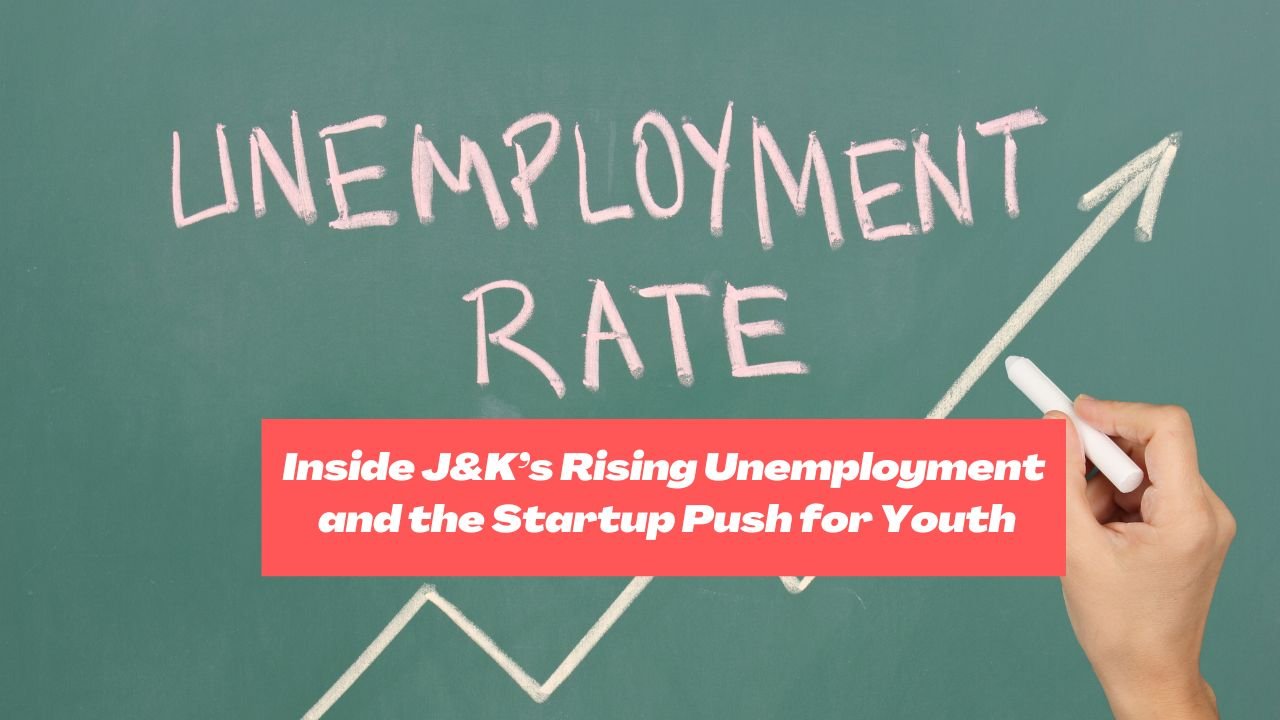The Jammu and Kashmir Pollution Control Committee (JKPCC) has reported alarming levels of faecal coliform contamination in the Tawi River. The committee has placed the blame on the poor functioning of Sewage Treatment Plants (STPs) managed by the Urban Environmental Engineering Department (UEED), which are failing to disinfect wastewater effectively.
The revelations came in a report submitted to the National Green Tribunal (NGT) in compliance with its April 30, 2025 directions in the case titled “Tawi Barrage and Riverfront Projects destroying river inviting disaster.”
Encroachments Adding to the Pollution Burden
Compounding the crisis, the Jammu district administration admitted to the presence of 256 encroachers along the riverbanks. These illegal settlements are reportedly discharging untreated sewage and solid waste directly into the Tawi, worsening its ecological decline.
Despite repeated instructions, the Deputy Commissioner’s office has failed to provide clear updates on action taken against the encroachers. Instead, it furnished a report merely confirming their presence on State land at village Jammu Khas (Khasra Nos. 302 and 303, Tehsil Jammu) without detailing any removal measures.
STPs Under Scrutiny for Failing Water Quality Standards
According to JKPCC’s findings, the 30 MLD STP at Bhagwati Nagar is performing below expectations. While the plant is meeting standards for certain pollutants, it consistently fails to remove faecal coliform bacteria from wastewater.
This lapse allows harmful pathogens from human waste to flow unchecked into the Tawi, posing serious public health risks and threatening aquatic ecosystems.
The Chief Engineer, UEED, has repeatedly ignored queries from JKPCC regarding the inadequate functioning of STPs, further raising questions about accountability.
Read also: Myths and Legends of the Surya Putri Tawi
Solid Waste Dumping Intensifies Ecological Damage
Environmentalists have warned that rampant dumping of plastics, construction debris, and municipal waste by encroachers is choking the river’s natural flow. These pollutants release toxic chemicals, disrupt the river’s natural ecosystem, and destroy fragile aquatic habitats.
The narrowing of the riverbed due to encroachments also restricts its capacity to absorb monsoon flows, creating artificial bottlenecks and increasing the risk of floods.
Experts Warn of Irreversible Ecological Collapse
Environmental experts caution that without urgent interventions, the Tawi River may soon reach a tipping point of irreversible ecological collapse.
They stress that:
- The unchecked bacterial load from untreated sewage is turning the Tawi into a breeding ground for waterborne diseases.
- Encroachments are accelerating the river’s degradation by reducing its natural self-purification ability.
- Continuous solid waste dumping is altering the river’s composition, putting both human health and aquatic life in grave danger.
With the NGT closely monitoring the issue, the onus now lies on Jammu & Kashmir authorities to:
- Improve the performance of STPs and ensure proper disinfection of treated sewage.
- Take strict action against illegal encroachments.
- Enforce effective waste management systems to prevent further pollution.
Unless these steps are implemented immediately, the Tawi River risks being transformed from a freshwater lifeline into a toxic waterway beyond recovery.
















